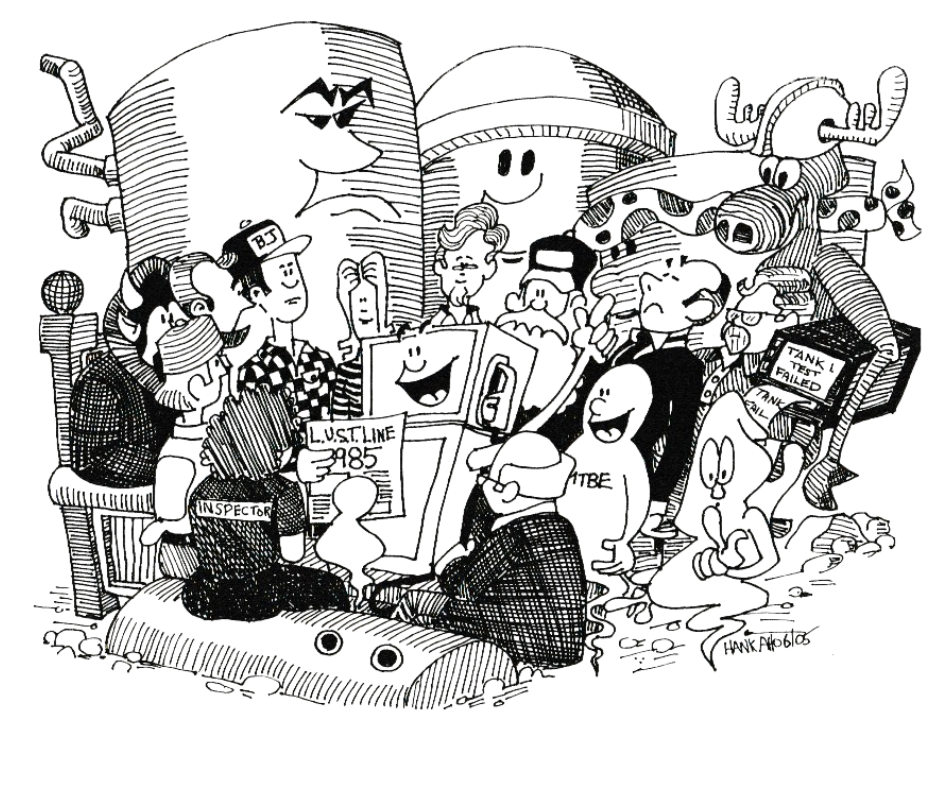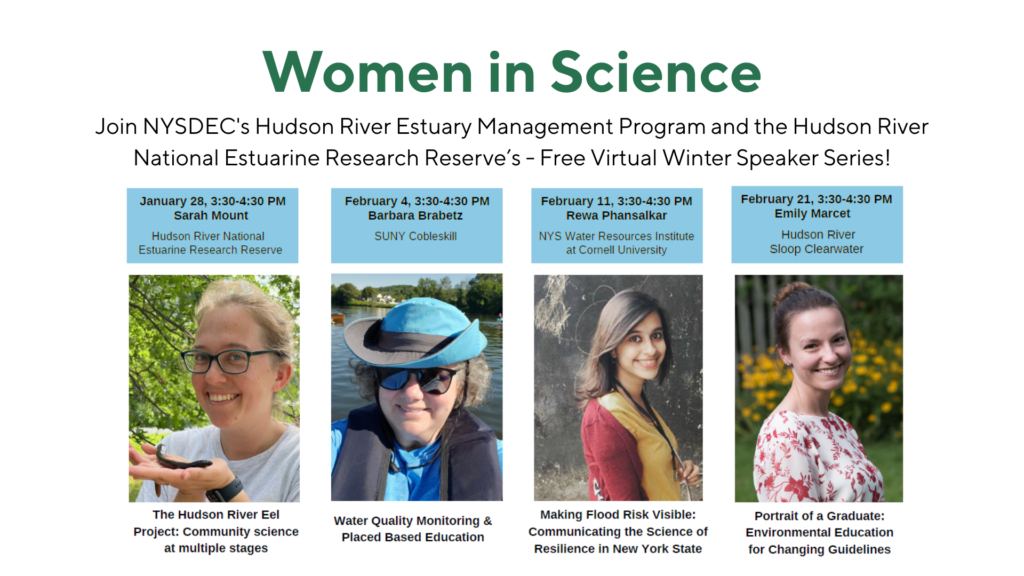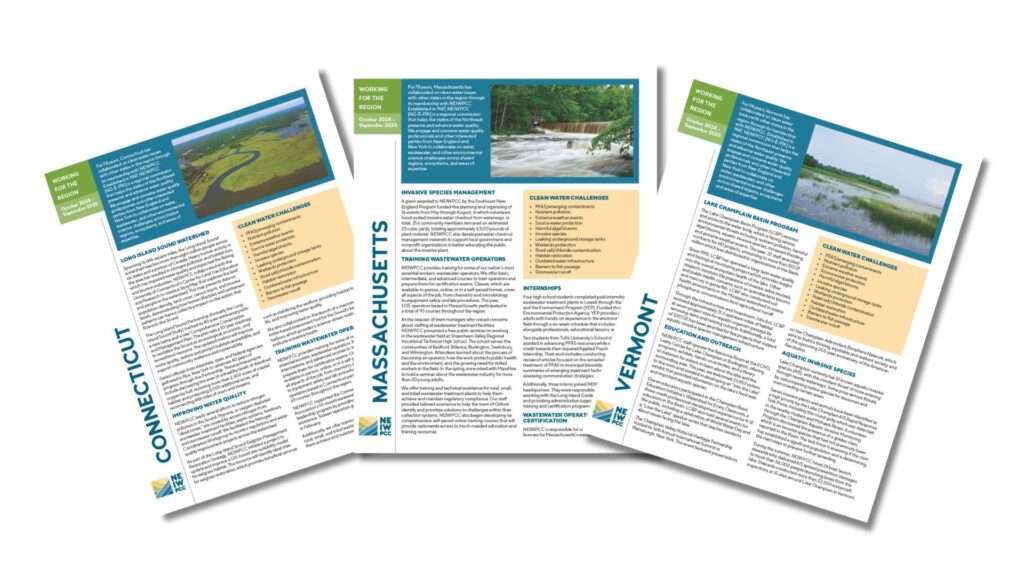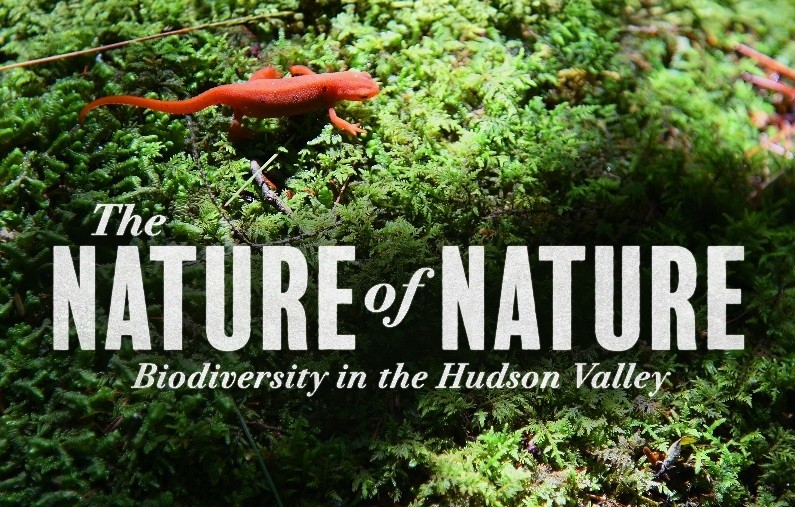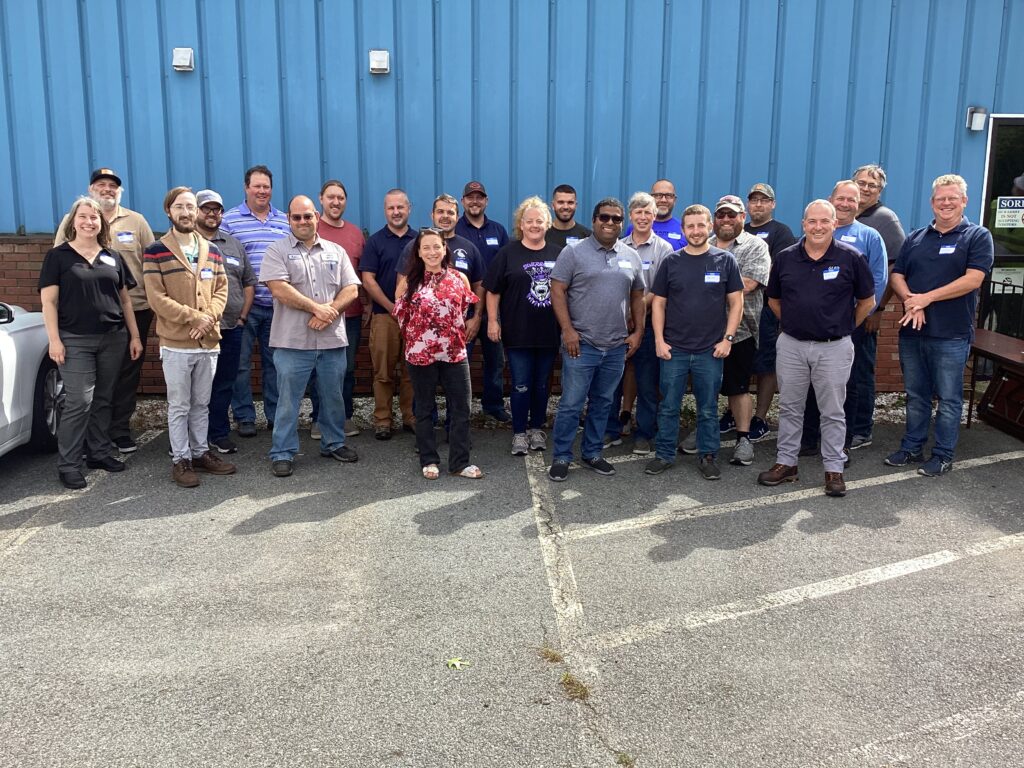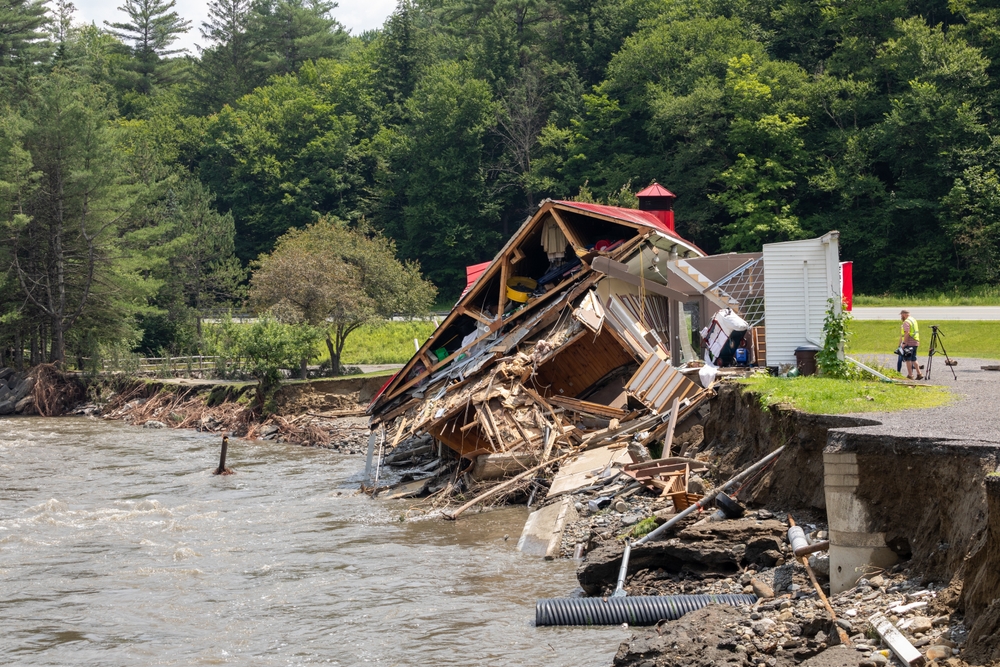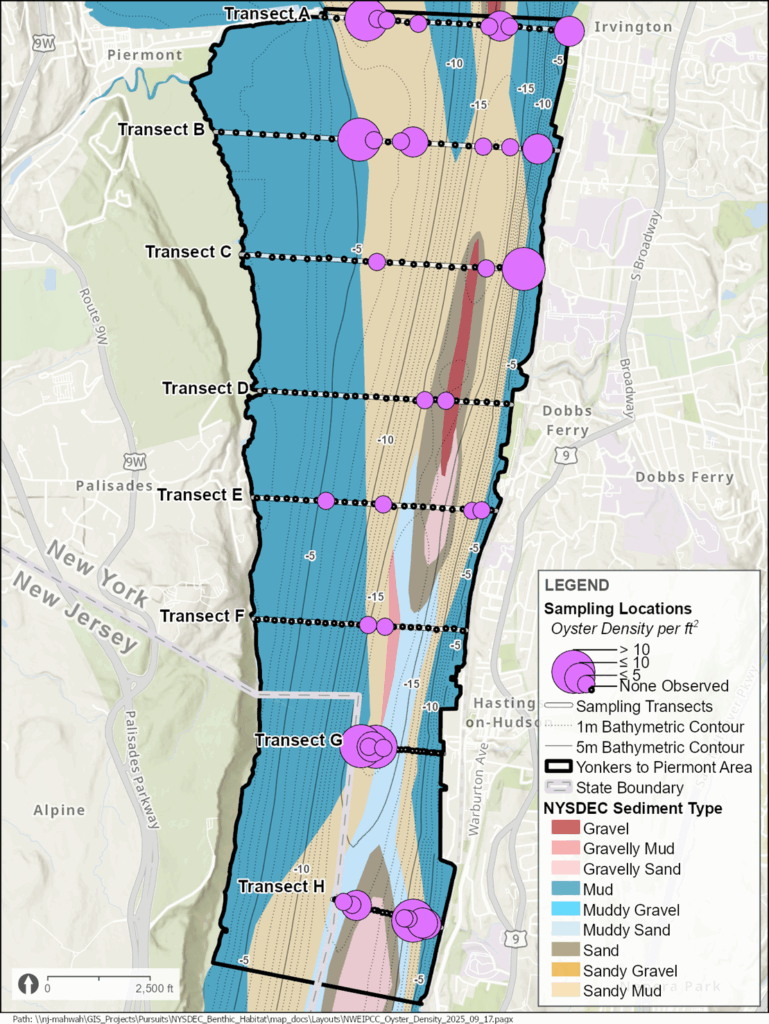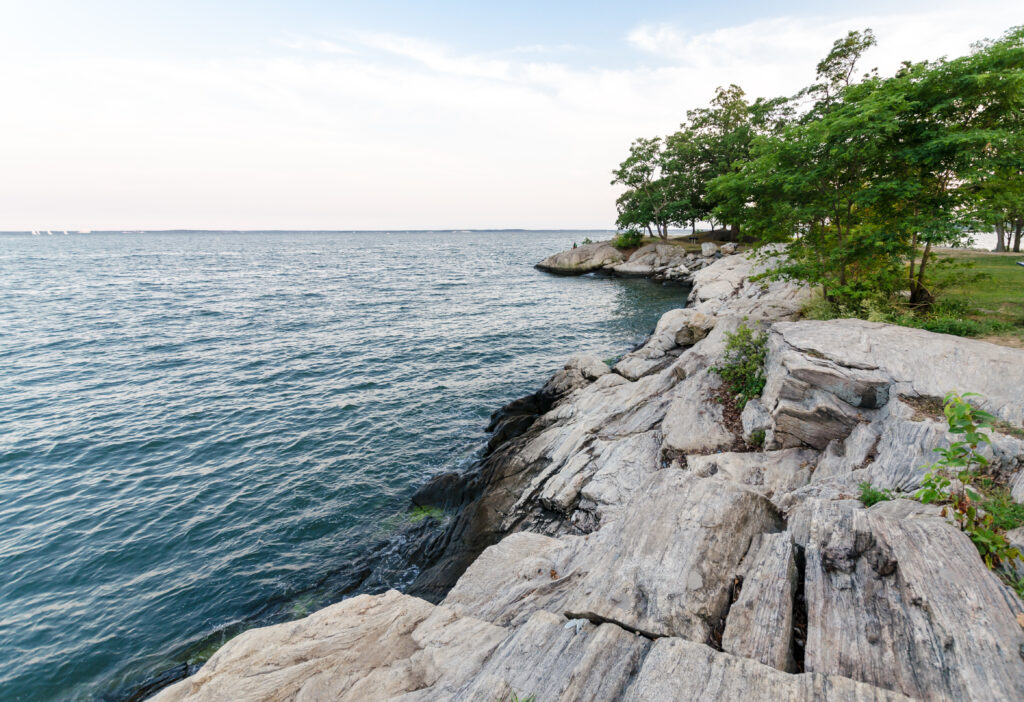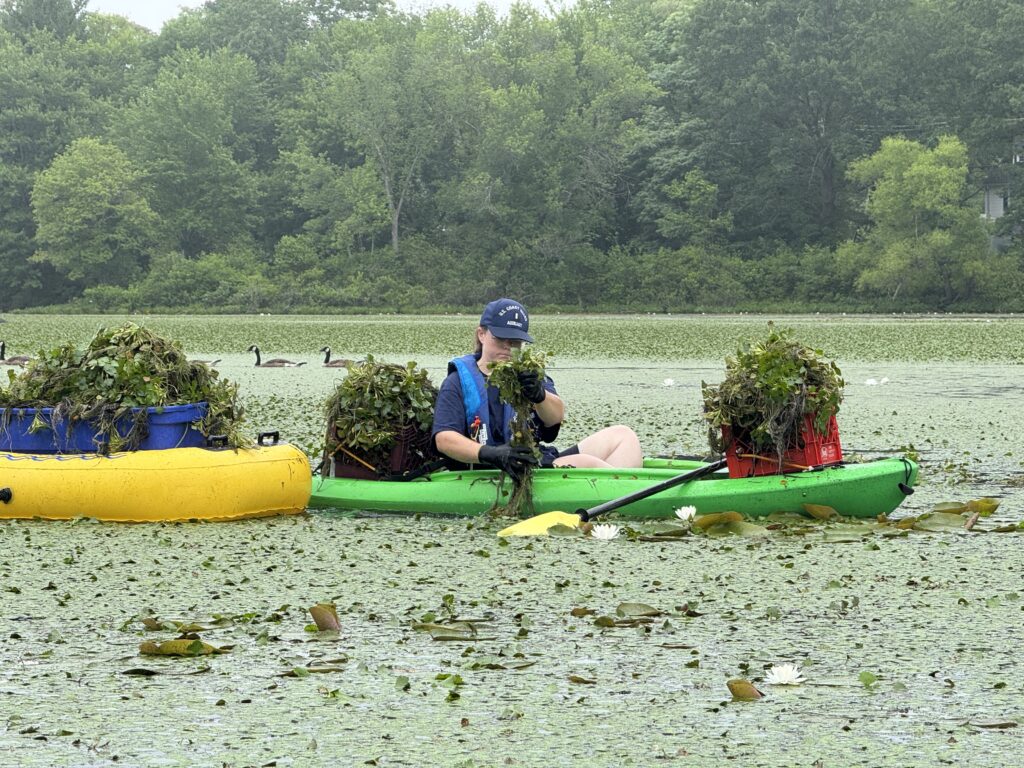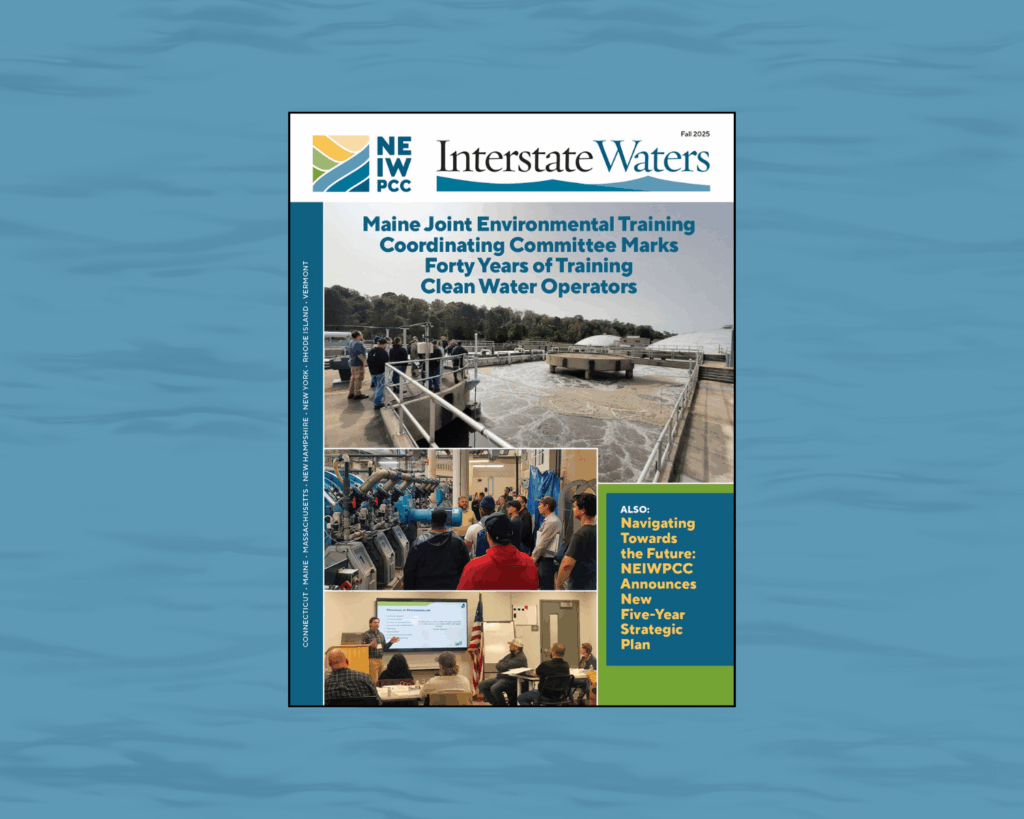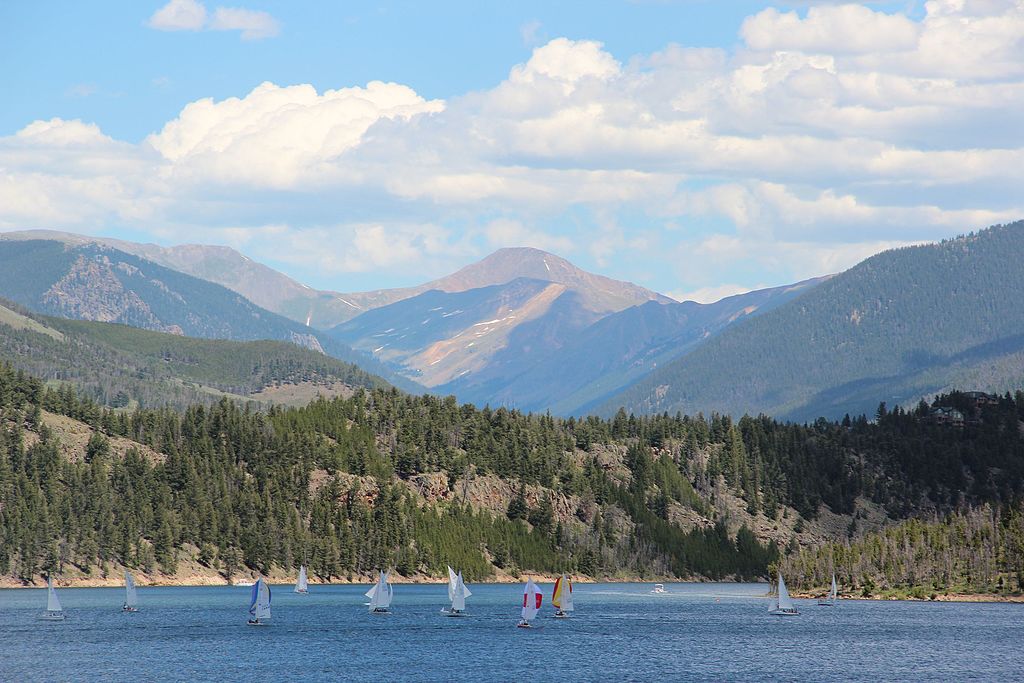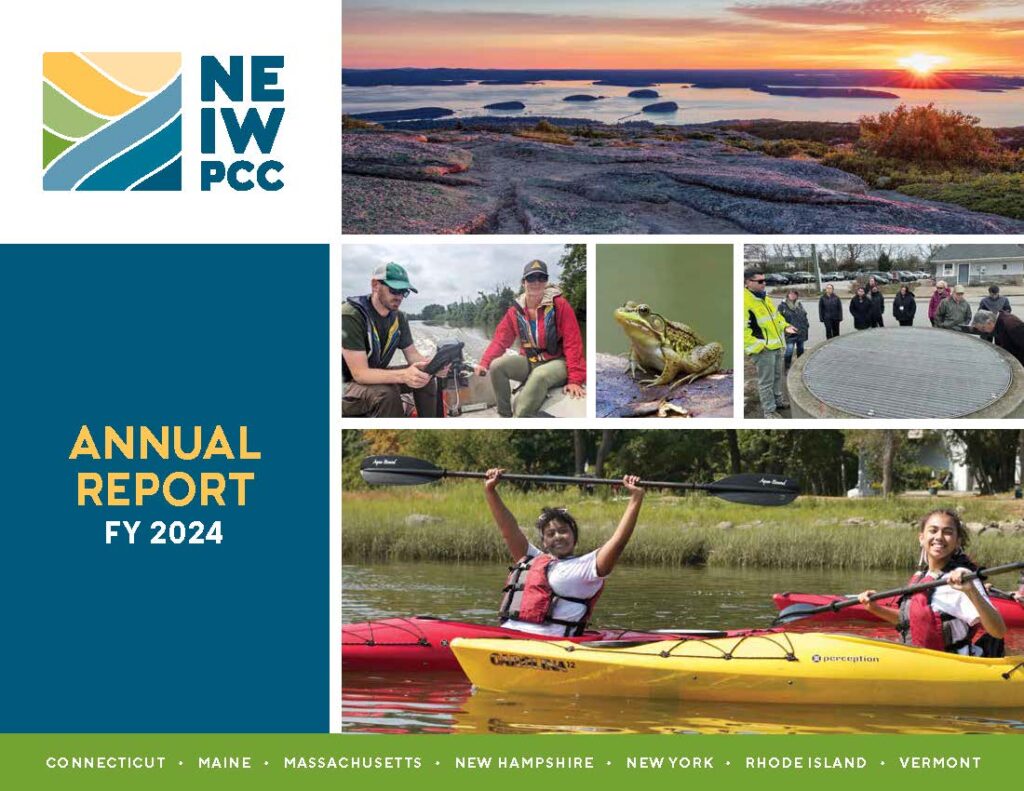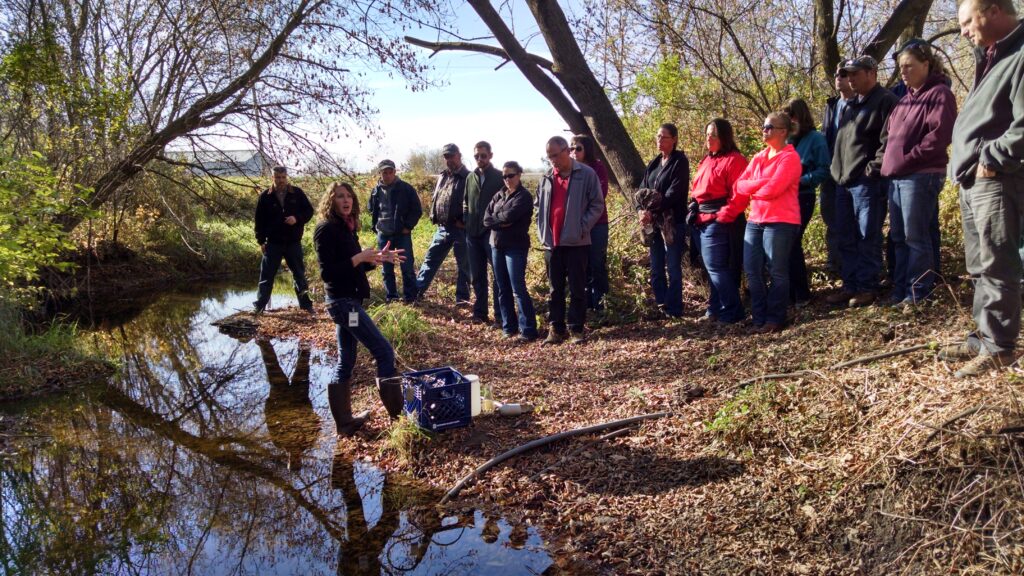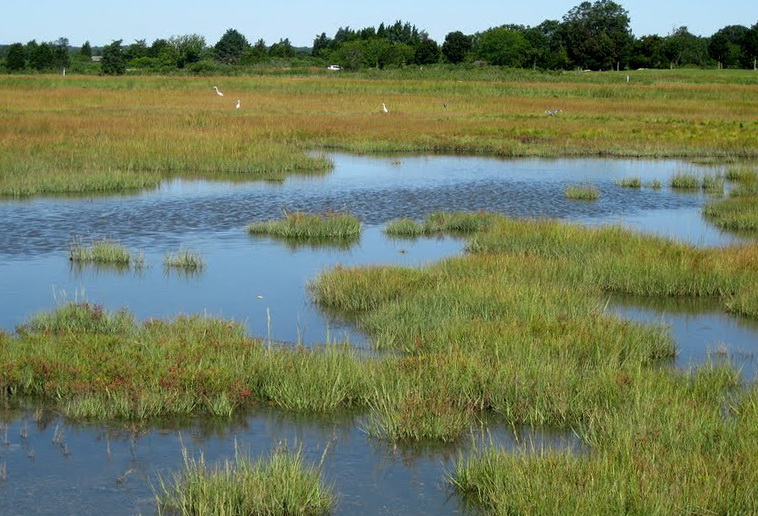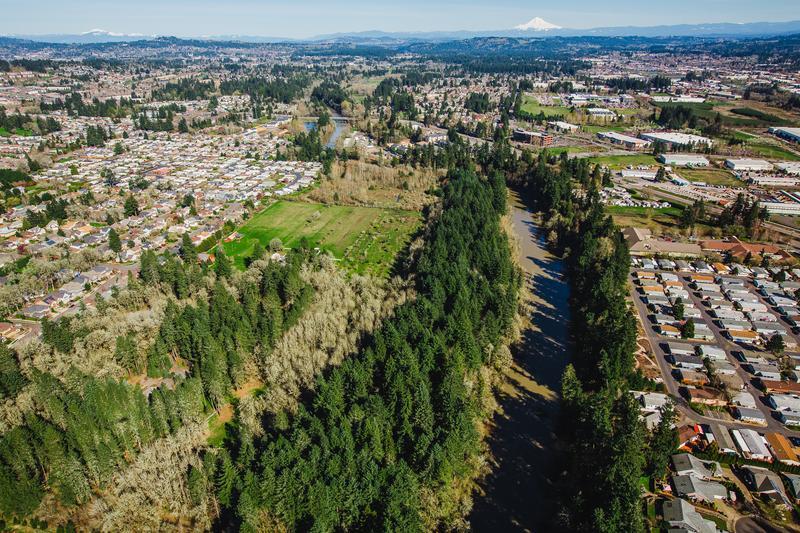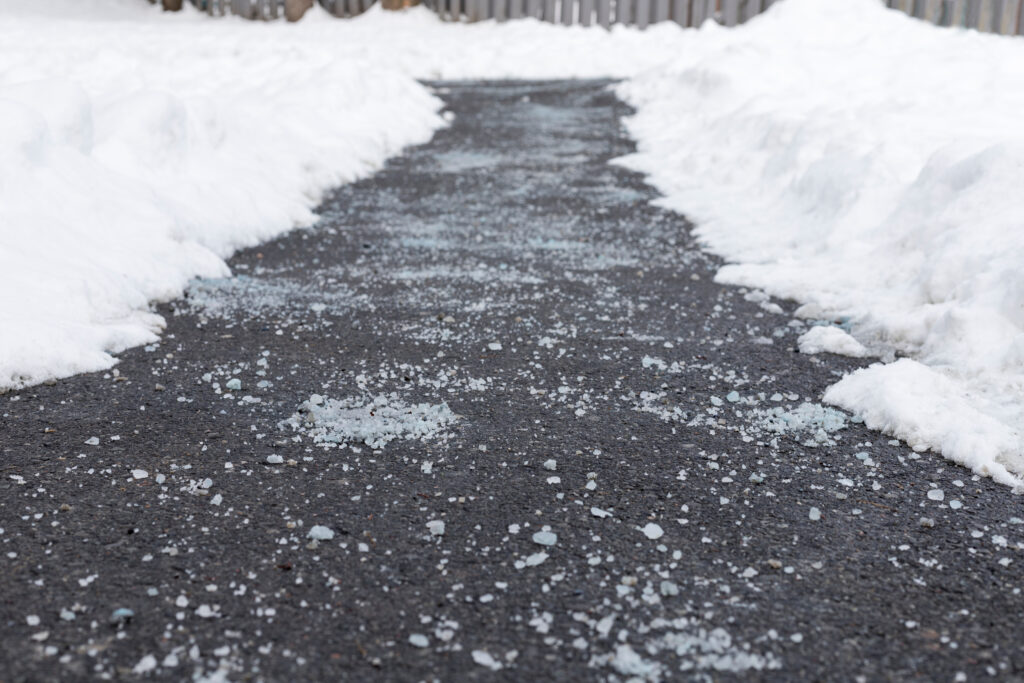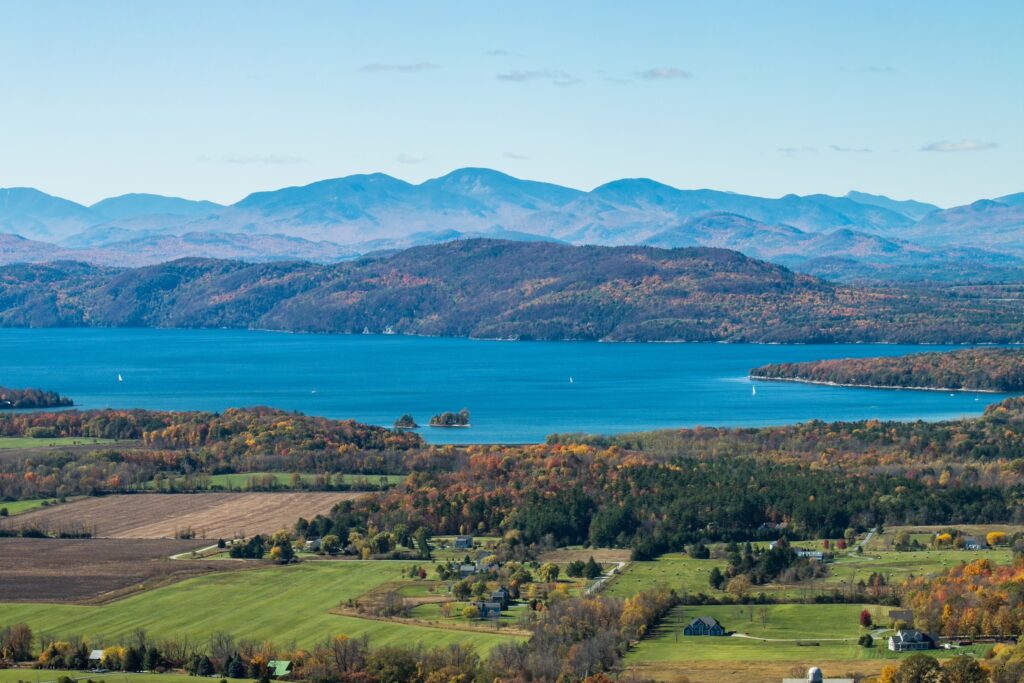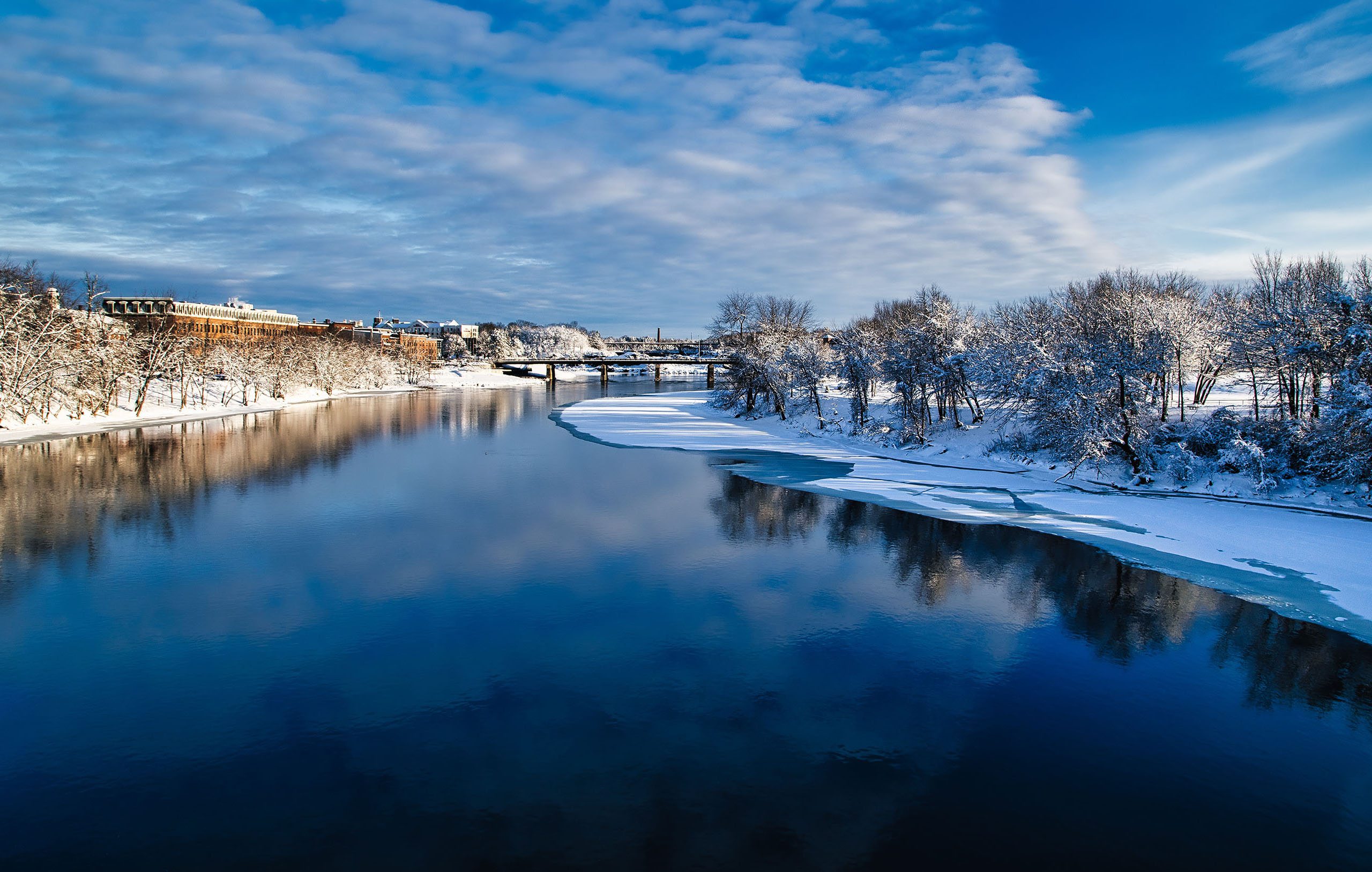
Working for clean and
sustainable water since 1947.
NEIWPCC is a regional commission that helps the states of the Northeast preserve and advance water quality. We engage and convene water quality professionals and other interested parties from New England and New York to collaborate on water, wastewater, and environmental science challenges across shared regions, ecosystems, and areas of expertise.
What’s Current
Newsroom
- Latest News
- Events
- Publications
What We Do
NEIWPCC is a leader in the water and wastewater industry. We engage and convene water quality professionals, conduct scientific research and trainings, provide outreach and education, and represent the region in policy matters.
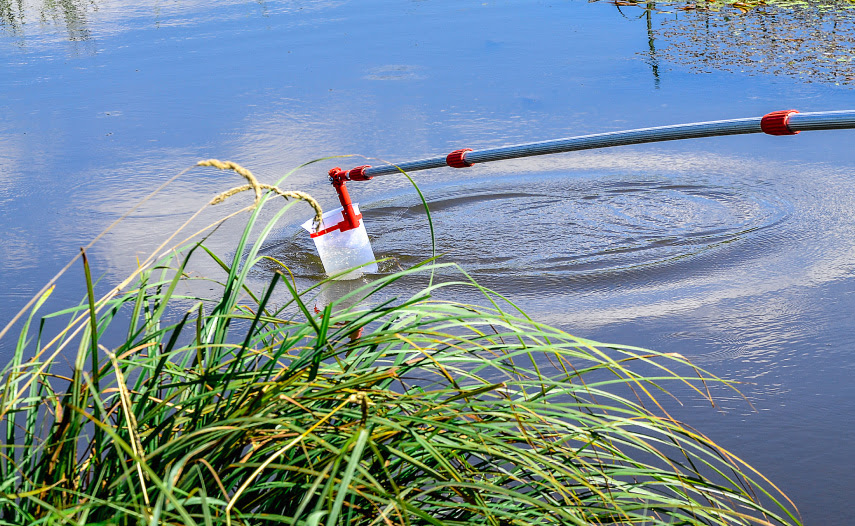
Assessment and Research
Expanding knowledge about the condition of the Northeast’s water resources.
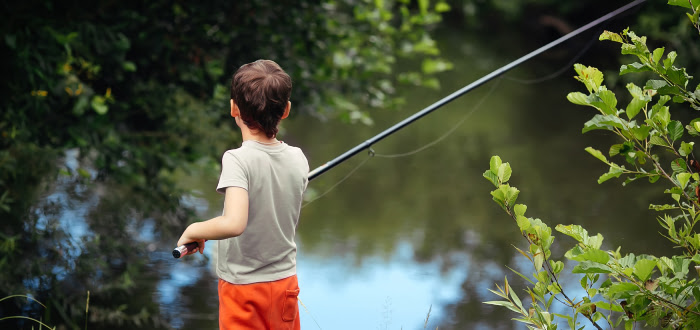
Pollution Control
Reducing water pollution through regulation, permits and TMDLs.
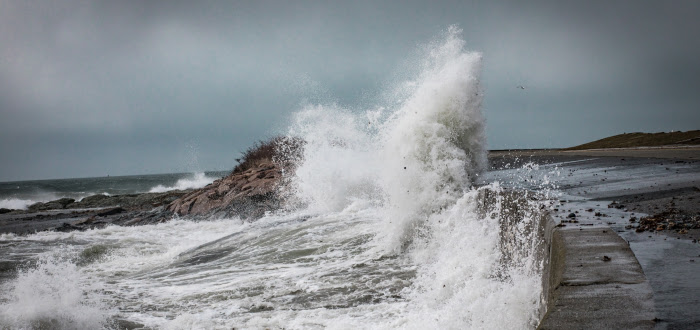
Storm Resiliency
Building resilient water infrastructure and communities throughout the region.
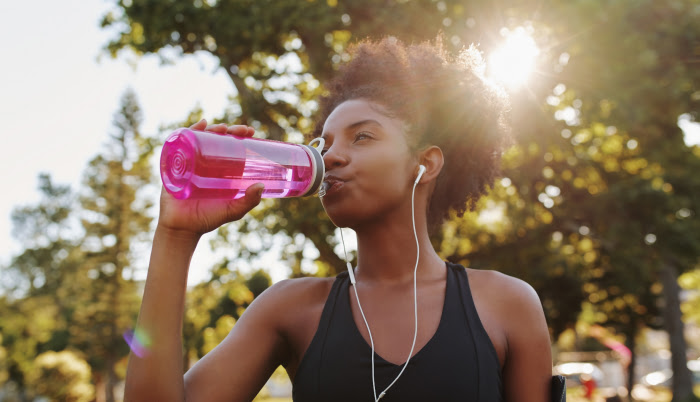
Source Water Protection
Ensuring safe drinking water sources for generations to come.
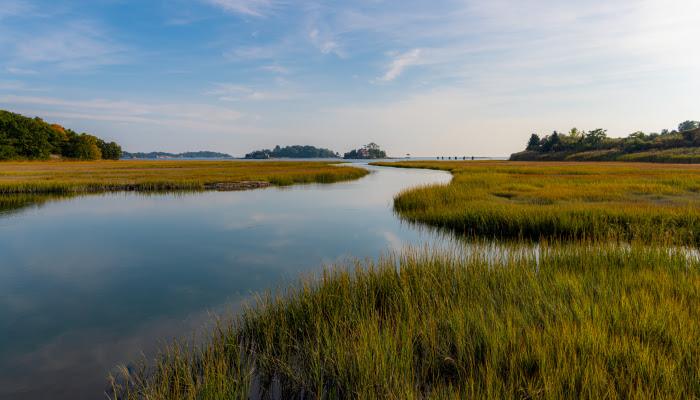
Wetlands and Aquatic Species
Bringing together professionals to share research and discuss related policies.
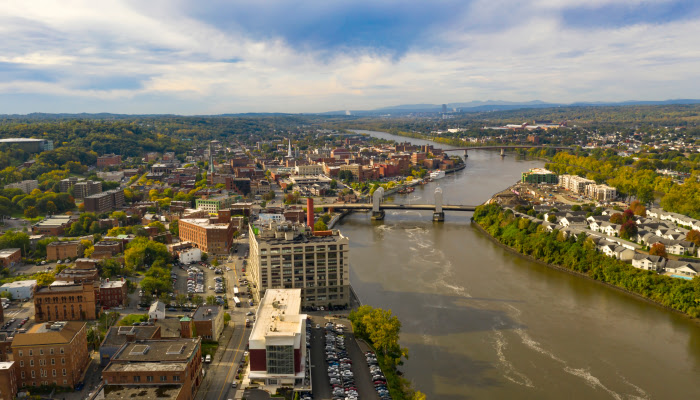
Nonpoint Source Pollution
Facilitating collaboration through conferences and workgroups to improve water quality.
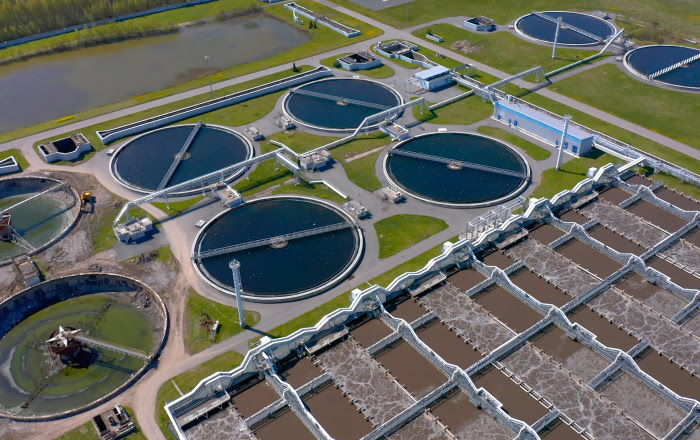
Wastewater
Improving wastewater treatment through operator training and certification, plant design and
research.
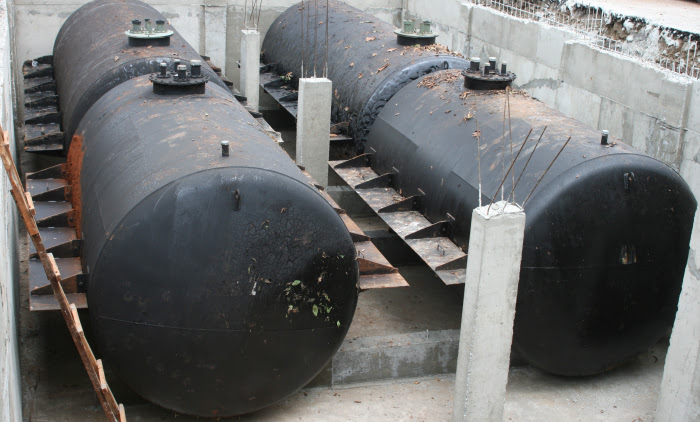
Underground Storage Tanks
Providing training, information exchange and national tanks news.
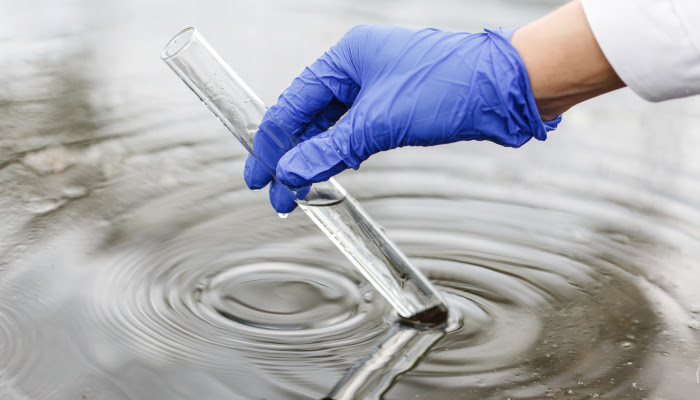
PFAS
Tackling per- and polyfluoroalkyl substances (PFAS) through interstate collaboration, research and policy.
